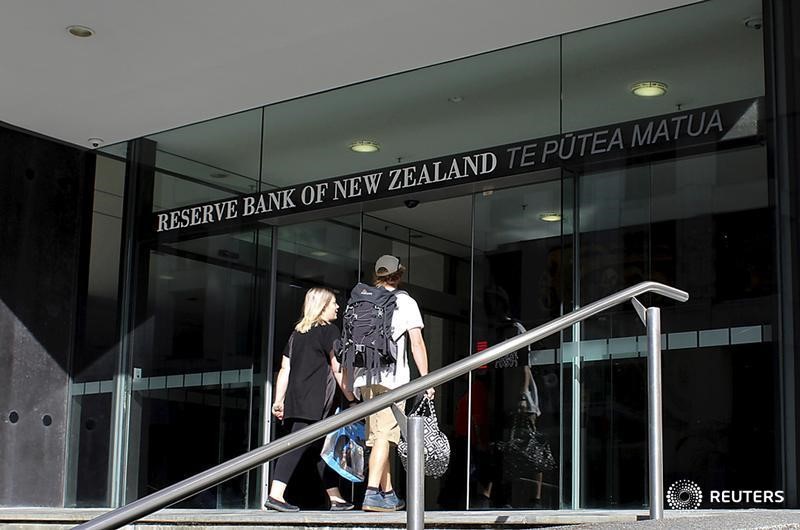WELLINGTON, Nov 22 (Reuters) - New Zealand consumers are spending more cautiously even as their household wealth rises, making it harder to get inflation back up to desirable levels, a top central banker said on Tuesday.
A "new-found prudence" in the wake of the global financial crisis meant the Pacific nation's booming housing market was not translating into faster spending as it once did, said Reserve Bank of New Zealand (RBNZ) Deputy Governor Geoff Bascand.
Bascand said the bank believed this consumer caution would prove to be a temporary phenomenon, rather than the slow- or no-growth secular stagnation that has afflicted some other developed nations.
"Currently, we are projecting per-capita consumption growth will improve," Bascand said in a speech delivered in Canberra, Australia, and published on the bank's website.
"Nonetheless we will be attentive that such developments are not foreshadowing any greater or longer-term change in household preferences," he added.
Earlier this month, the RBNZ cut interest rates to a record low of 1.75 percent as inflation remained persistently below its target band of 1 to 3 percent.
The bank indicated that the easing would likely be enough to nudge inflation back toward target, though it did not rule out further action if needed. Bascand noted that global forces still stood in the way of higher prices.
"Despite robust domestic growth, slow growth in many other advanced economies suggests that global disinflationary pressures will continue to act as a headwind as we endeavour to deliver domestic inflationary outcomes consistent with the midpoint of our target band," Bascand said.
New Zealand's economy grew 3.6 percent in the year to June, faster than most of its rich-country peers. The jobless rate also dropped to near eight-year lows of 4.9 percent in the third quarter as employment blew past all expectations.
